Harvesting Justice: Colombia's Rice Farmers' Fight for Livelihoods and National Food Security
Unpack Colombia's rice farmers' struggle. Discover the complex economics of their strike, the fragile new accord, and the long road ahead for food sovereignty.
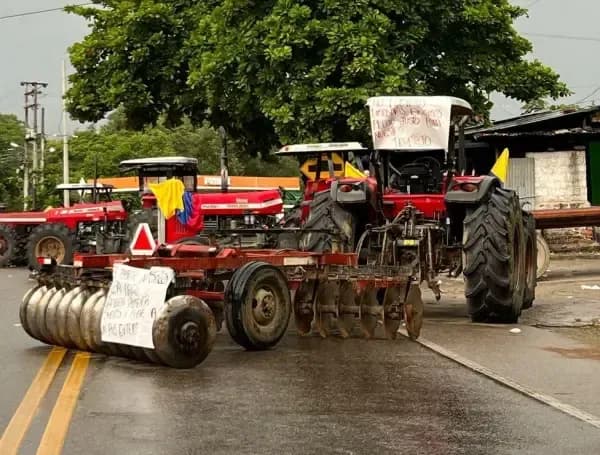
The Crisis Unfurling: A Nation's Staple Under Duress
Colombia's rice sector, a vital artery of the nation's food supply and rural economy, has been gripped by a profound crisis, culminating in widespread farmer protests, known as 'paro arrocero.' For weeks, these demonstrations have seen rice producers across various regions taking to the streets, demanding immediate and tangible solutions to their precarious livelihoods. The core of their distress stems from volatile market conditions and fluctuating prices that threaten to push countless small and medium-sized farmers to the brink. While the protests have undoubtedly disrupted national mobility, the farmers, represented by groups like , have expressed a responsible willingness to negotiate, recognizing the broader societal impact. They initially sought direct, high-level engagement from the government, particularly after an early attempt at dialogue faltered due to the absence of key ministerial figures. This ongoing unrest underscores a deeper vulnerability within Colombia's agricultural landscape, where the very staple that feeds millions is produced under immense pressure, raising serious questions about national food security.

A Fragile Accord: Dissecting the Government-Industry Agreement
In a hopeful turn, the Colombian government and rice producers recently reached a preliminary agreement, aiming to de-escalate the widespread 'paro arrocero.' This accord, forged after intense negotiations, represents a crucial step towards addressing the farmers' immediate grievances. Central to the agreement is the government’s commitment to establish a minimum reference price for white rice, to be implemented through a regulated freedom regime. This measure seeks to provide a much-needed buffer against market volatility, ensuring a degree of stability for producers while also safeguarding consistent supply and access for consumers. The farmers, for their part, demonstrated a pragmatic approach, proposing to progressively ease road blockades in exchange for the government's commitment to a serious, high-level negotiation table, specifically requesting the presence of the Ministers of Agriculture and Commerce, along with a Vice-Minister of Finance. This mutual concession highlights the delicate balance between protest and dialogue, but the path forward remains uncertain. The initial failure of a dialogue attempt, reportedly due to the Agriculture Minister's absence, underscores the fragility of trust and the importance of consistent, high-level engagement to solidify this nascent agreement.
Beyond the Price Tag: Unearthing the Structural Roots of Discontent
While the preliminary agreement addresses the immediate concern of a minimum rice price, both the government and the farmers acknowledge that the sector's woes run far deeper than mere price fluctuations. This recent accord explicitly recognizes the existence of profound structural problems within the entire rice value chain. It's a candid admission that decades of uncoordinated efforts, market imbalances, and insufficient protective mechanisms have left producers vulnerable to both domestic and international pressures. The commitment to a '' (Plan de Ordenamiento Productivo del Arroz) is perhaps the most telling indicator of this recognition. This isn't just about setting a floor price; it's about fundamentally re-engineering the system. The plan aims to articulate every link in the chain, from cultivation to processing and distribution, fostering a long-term, collaborative strategy. This comprehensive approach is designed to shield primary production and the national industry from the vagaries of global markets, establishing a more resilient and equitable framework for Colombia's rice sector.
Charting a Sustainable Future: The Long Road to Agricultural Resilience
The proposed '' represents Colombia's ambition to move beyond crisis management and cultivate genuine agricultural resilience. This long-term strategy, now a key component of the agreement with rice farmers, is far more than a temporary fix. Its success hinges on its ability to effectively coordinate all stakeholders across the rice value chain – from the individual farmer tilling the soil to the large-scale industrial processors and distributors. The goal is to forge a unified path that protects domestic production from the unpredictable nature of international rice markets. This means developing policies that can adapt to global price shifts, ensure fair compensation for farmers, and promote efficiency throughout the supply chain. It's a monumental undertaking, requiring sustained political will, significant investment, and the active participation of all sector actors. Achieving such comprehensive articulation and protection will demand innovation in farming practices, improved infrastructure, and robust market intelligence. Ultimately, the effectiveness of this plan will determine whether Colombia can transform a volatile sector into a bastion of stability and growth, securing the future for its rice farmers and the nation's food supply.
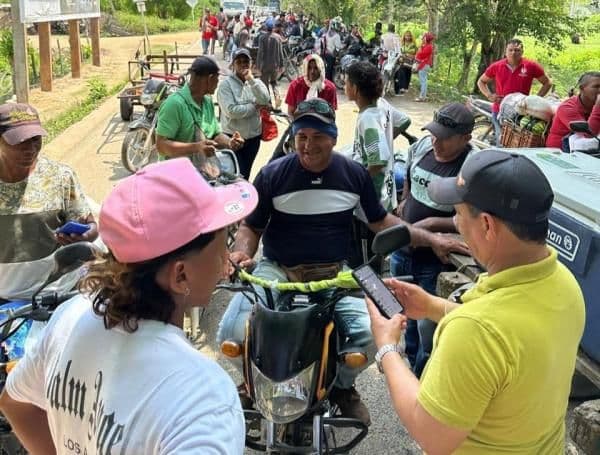
Echoes from the Paddy Fields: What This Means for Colombia's Food Sovereignty
The struggles of Colombia's rice farmers and the subsequent government interventions resonate far beyond the paddy fields; they strike at the very heart of the nation's food sovereignty. When a staple crop like rice faces such existential threats, it's not just about farmer livelihoods, but about Colombia's ability to feed its own population without undue reliance on external markets. The commitment to a minimum reference price and, more importantly, the development of a comprehensive '', are direct acknowledgments of this critical link. This plan explicitly aims to safeguard national production and industry, ensuring food sovereignty amidst international market fluctuations. It's a recognition that true food security isn't merely about having enough food, but about the nation's capacity to control its food systems, from seed to plate. The 'paro arrocero' has served as a potent reminder that neglecting the agricultural backbone can have profound ripple effects, impacting not only rural communities but the entire country's strategic independence in feeding its people. The success of these agreements will be measured not just in stabilized prices, but in the long-term strength and self-reliance of Colombia's food supply.
Related Articles
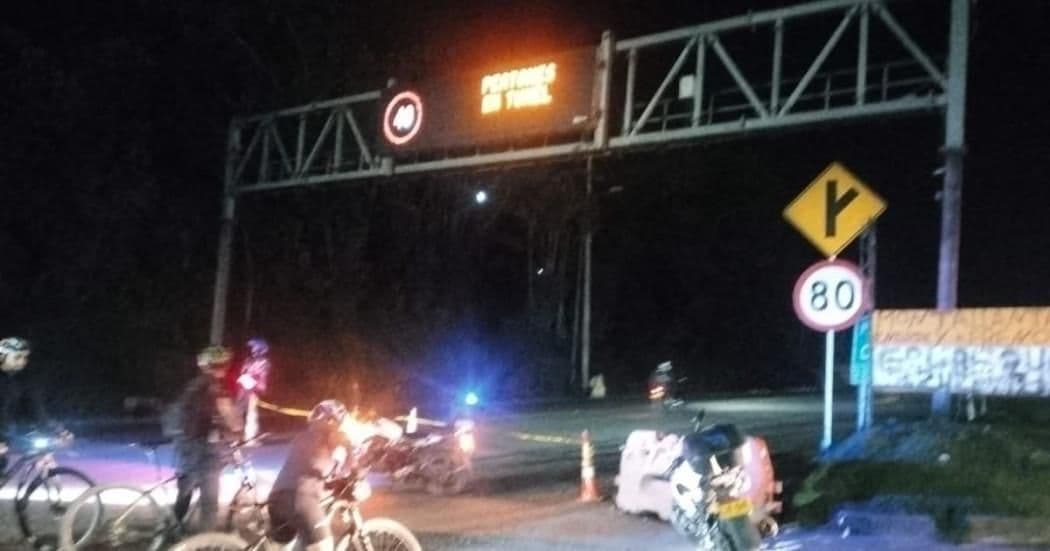
Harvest of Discontent: Colombia's Rice Farmers and a Nation on Hold

Harvest of Discontent: Colombia's Rice Farmers and a Nation on Hold
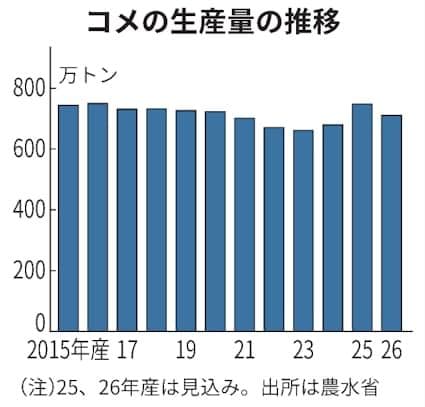
Japan's Rice Crossroads: The Unending Quest for Balance in the Paddy Fields

Japan's Rice Crossroads: The Unending Quest for Balance in the Paddy Fields
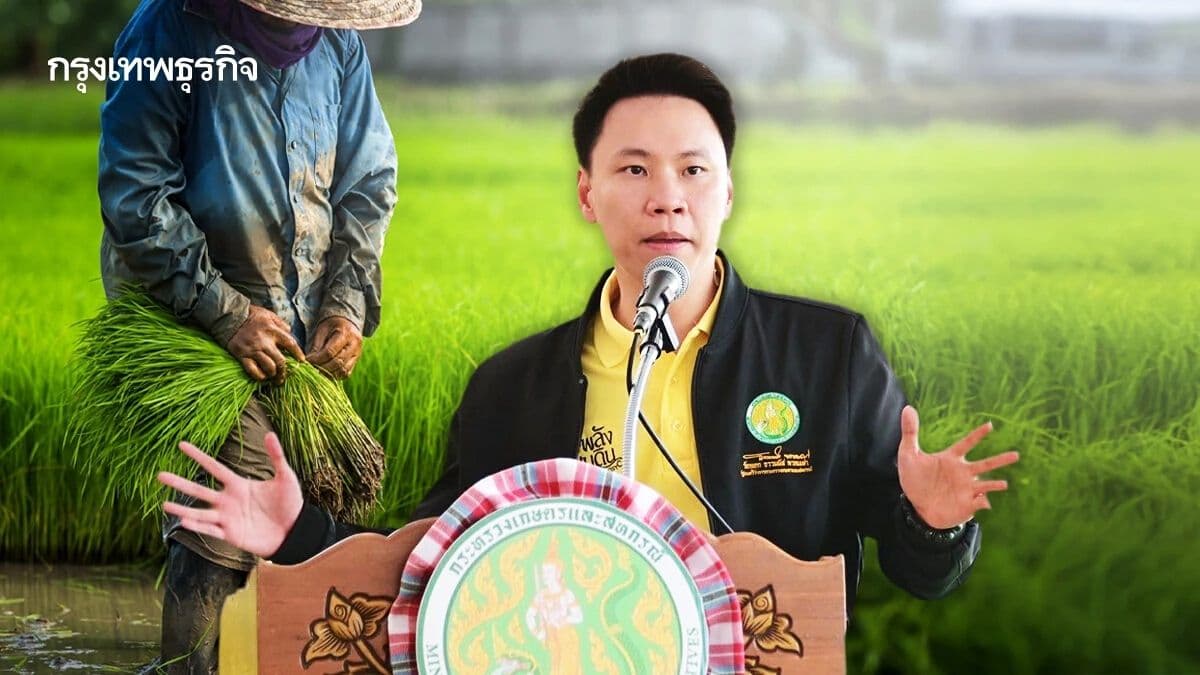
Beyond the Baht: Navigating the Future of Thai Rice in a Shifting Landscape

Beyond the Baht: Navigating the Future of Thai Rice in a Shifting Landscape
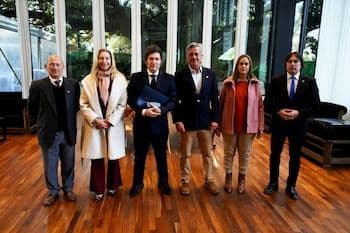
Argentina's Unpaved Promise: The High Stakes Driving La Rural's Critical Dialogue
